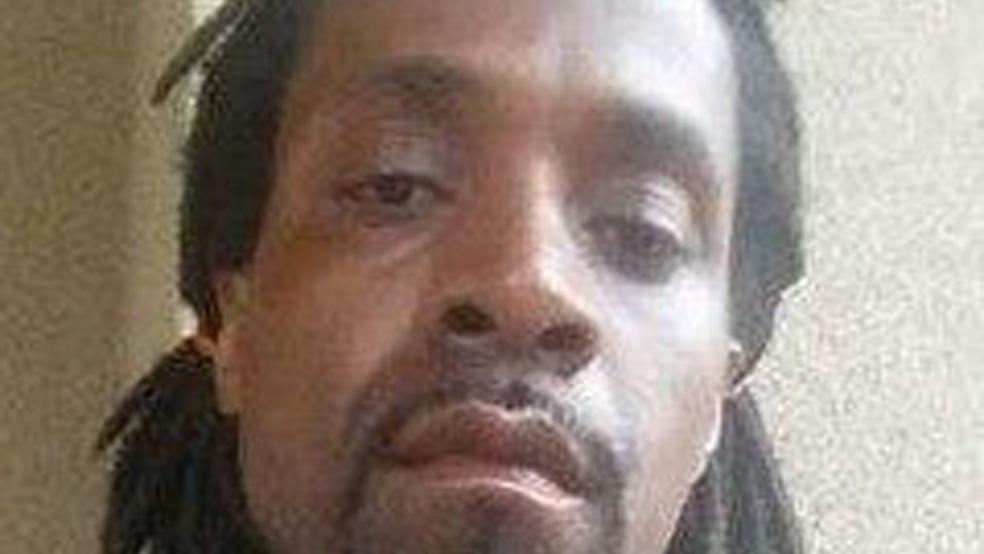SAN BERNARDINO, Calif. (Reuters) - Islamic State said on Saturday that the married couple who killed 14 people in a mass shooting in California which U.S. authorities are investigating as an act of terrorism were followers of the militant group.
The claim was made in an online audio broadcast three days after U.S.-born Syed Rizwan Farook, 28, and his wife Tashfeen Malik, 29, from Pakistan, opened fire with assault rifles on a holiday party for civil servants in San Bernardino, 60 miles (100 km) east of Los Angeles. The pair, who had left their six-month-old baby daughter with relatives, were killed two hours later in a shootout with police SWAT team members. FBI officials leading the investigation say the couple appeared to have been inspired by foreign militant groups, but that there was no sign they had worked with any of them or that Islamic State even knew who they were.Estranged relatives of Malik say she and her father seemed to have abandoned the family's moderate Islam and became more radicalized during time they spent in Saudi Arabia.If the Dec. 2 mass shooting proves to have been the work of people inspired by Islamist militants, it would mark the deadliest such attack in the United States since Sept. 11, 2001.While U.S. President Barack Obama's team said it has not yet found evidence that the couple was part of an organized group or broader terrorist cell, "several pieces" of information "point to the perpetrators being radicalized to violence."If that turned out to be the case, Obama said in a radio address on Saturday, "it would underscore a threat we've been focused on for years, the danger of people succumbing to violent extremist ideologies."Islamic State also claimed responsibility for a Nov. 13 series of attacks in Paris in which gunmen and suicide bombers killed 130 people."Two followers of Islamic State attacked several days ago a center in San Bernardino in California," the group's daily online radio broadcast al-Bayan said on Saturday.An English-language version of the broadcast released later called the attackers "soldiers" of Islamic State, rather than "followers" as in the original Arabic. That inconsistency could not immediately be explained.The broadcast came a day after Facebook confirmed that comments praising Islamic State were posted around the time of the shooting to an account set up by Malik under an alias. It was not clear if the comments were posted by Malik, or by someone with access to her page.'DIFFERENT MINDSET'Malik moved from Pakistan to Saudi Arabia with her father when she was still a toddler, then returned to Pakistan to study pharmacy at a university in Multan from 2007 to 2012.Estranged relatives interviewed by Reuters in Karor Lal Esan, in Pakistan's central Punjab province, said she and her father appeared to change their views while living in Saudi Arabia."From what we heard, they lived differently, their mindset is different. ... this is very shocking for us," said school teacher Hifza Bibi, a step-sister of Malik's father.While at university in Multan, Malik was known as a good student and had no known religious extremist tendencies, a local intelligence official said.Fellow mosque-goers in San Bernadino remember her exuding beauty and happiness two years ago at a reception for hundreds of guests after her marriage to Farook. Farook family attorneys denied on Friday there was any evidence either the husband or wife harbored extremist views.They described Malik as "very conservative," and said Farook also largely kept to himself, had few friends, and that co-workers sometimes made fun of his beard.Citing an unnamed federal law enforcement official, the Los Angeles Times reported that Farook had "some kind" of contact with members of the Nusra Front and radical al Shabaab group in Somalia, though the nature of that contact was unclear.'WEAPONS OF WAR'The couple had two assault-style rifles, two handguns, 6,100 rounds of ammunition and 12 pipe bombs in their home or with them when they were killed, officials said, prompting fears they might have been planning further attacks.The mass shooting sparked a new round of the firearms debate with Obama and the New York Times calling for new limits on gun ownership. Many pro-gun voices, including some Republican contenders for the White House, said the new laws would not have stopped the rampage."It's another tragic reminder that here in America it's way too easy for dangerous people to get their hands on a gun," said Obama.The New York Times, in its first front-page editorial in nearly a century, said it was "a moral outrage and a national disgrace" that the sort of firearms used in the attack were readily available. "These are weapons of war, barely modified and deliberately marketed as tools of macho vigilantism and even insurrection," the newspaper said.Its publisher, Arthur Sulzberger Jr, said the editorial was intended "to deliver a strong and visible statement of frustration and anguish about our country's inability to come to terms with the scourge of guns."But Republican White House frontrunner Donald Trump dismissed the call for action."People in this country and the world need protection," Trump said in Iowa before a campaign event. "If you look at Paris, they didn't have guns and they were slaughtered. If you look at California, they didn't have guns and they were slaughtered." (Additional reporting by Amjad Ali in Islamabad, Syed Raza Hassan in Karachi, Omar Fahmy in Cairo, and Alex Dobuzinskis in Los Angeles; Writing by Scott Malone and Daniel Wallis; Editing by Richard Balmforth and Alan Crosby)Islamic State says California mass killers were their followers

HANDOUT



